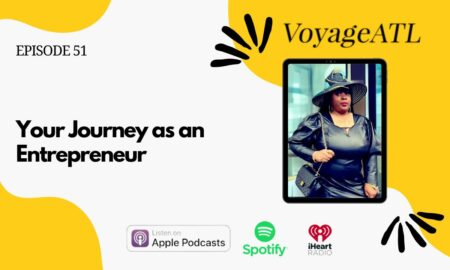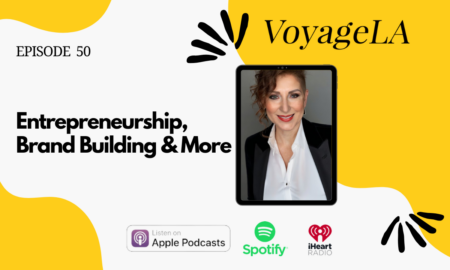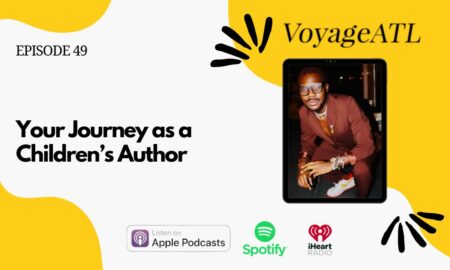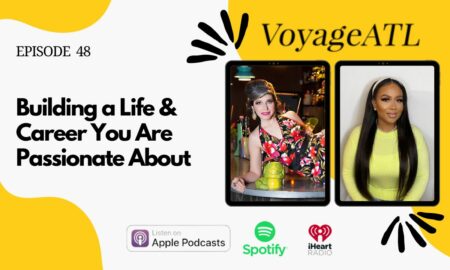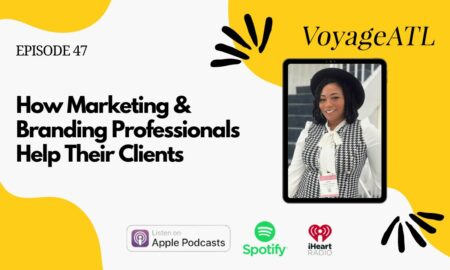

Today we’d like to introduce you to Christopher Cundari.
Christopher, before we jump into specific questions about your work, why don’t you give us some details about you and your story.
My whole musical landscape came to life when I was about eight years old, and my older brother and his friends all received acoustic guitars for Christmas. At night, when my brother would go to sleep, I would sneak into his room, steal the acoustic, and play for hours on end until the sun came up. I would then place the guitar back in his room like it never left. From there, the obsession grew, becoming obsessed with creating on whatever instrument I could get my hands on. From the guitar, I transitioned to the piano, upright bass, cello, and it all kind of took off from there. I never once took any type of lesson or was given any instruction. I have been self-taught on several different instruments and musical genres from the very beginning.
My musical tastes matured as I grew older, and I’ll remember this day forever as it has been one of the most influential musical moments and memories of my life. My friend Jojo Goodhand, another Atlanta native, when I was 12 or 13, gave me his entire CD collection, He told me to listen, study, and dive deep into Charles Mingus’ “Mingus Ah Um.” That album changed my musical vision and inspired me more than any other album I have ever listened to. I listened to it on repeat for hours and hours on end. I studied the intricacies and fell in love with the freedom of jazz composition, and simply couldn’t get enough. I started immersing myself in jazz music, which led to my discovery and love of old school soul music and hip hop.
After graduating high school, I was accepted to Berklee College of Music in Boston, where I double-majored in jazz composition and music production. There, not only did I learn an extraordinary amount from my professors, but being surrounded by world-class musicians and students was truly the most captivating part of it all. Still to this day, I consider myself a student and am always learning and studying new ways to improve myself as an artist, producer, and composer.
After graduating from Berklee, I moved to Brooklyn, NYC, and those years were very formative from an inspirational standpoint in my body of work. I dove deep into production, growing my catalog, and collaborating with independent artists from all over the globe. As the Arithmetik project began to blossom, I was grateful enough to perform at venues all over NYC and did show up and down the East coast.
As 2020 begins to unfold, I have finally landed back in my old stomping grounds of Atlanta, and plan to push this Arithmetik project as far as it can go. I’ve been working heavily on the production side of things, and plan on performing and hitting the road by the time fall rolls around.
Has it been a smooth road?
A smooth road might be the antithesis of what my musical journey has been up until this point. As an artist who deals with the complexities of mental illness, I can say that it has most certainly not been all smooth sailing. It is hard for those on the outside looking in to really visualize and feel what goes on behind the scenes. What goes on in the mind of an artist. It is not all just glow sticks and face paint. There’s much more than meets the eye. I am incredibly grateful to those close to me, family, and close friends, that have been supporting me through some of the darkest and lowest points of my life. Mania, depression, and epilepsy have slowed down some of my creative processes at different points throughout my career, and there will be months on end where it’s hard for me to strike a key on the piano. But as dark and difficult as dealing with such issues can be, it truly has been a growth point and influential in my body of work and what I will continually produce in the future. Having other artists and musician friends who can relate has most certainly been a lifeline for me. Those who know, truly know the depths of what the creative mind can experience, and being able to realize and understand that there’s always a light shining and a fire burning that pulls me through always keeps me motivated and inspired.
Please tell us about your work.
Arithmetik Musiq. I am an artist/producer/multi-instrumentalist/composer. This project is an eclectic blend of jazz-influenced electronic hip hop soul music. Music to make you feel. Music to make your move. Music to make you think. Music that encapsulates a lifelong process of artistic and spiritual growth.
What sets me apart from others?
I truly believe that we, as creators, are all one entity, one body, one mind, all with different approaches. Music and art aren’t supposed to divide. They are to unite us from the rest of the madness happening in the world. Love>Division.
How do you think the industry will change over the next decade?
I’ve been giving a lot of thought to the history of the electronic form of music and how it’s actually been rather ubiquitous for nearly the whole of the last century. At some point, transduction became the primary vehicle for experiencing the sound of music. And then when you consider how that technology came about (the telephone) and that it was meant to replace an essentially digital and already electrical form of information transmission (the telegraph), it might seem obvious that its evolution leans heavily into the ever-emergent contemporary state of electronic music–the electronic form of music in a state of self-awareness.
The social ramifications of this are immense, as this electronic form, I think, first gentrified the more folkish dimension of the music world, but at some point reached critical mass, the fallout of which has opened the door to a dimension of music production that was historically the monopoly of an upper echelon of society–the higher or at least more elaborate artform of the classical composer distribution of musical work.
I think we’re still finding out what it means for the uninitiated to seize the means of music production, and nowhere is that more intrinsically and increasingly prevalent than in electronic music. What I’d hope to see from this is mutually sustaining, hyper-globalized, networks of localized music scenes oriented around openly collaborative production of music. I think this is already happening to a large extent, though in a rather nebulous stage of development.
What’s needed beyond that is something of the tone or spirit of an artistic movement that penetrates the veneer of emerging paradigms like automation and machine learning and hyper-connectivity. I think some artists are covering a lot of ground lately in this regard, though I think it would have to go well beyond the aesthetic motif.
Contact Info:
- Website: https://arithmetikmusiq.bandcamp.com/
- Phone: 3479010657
- Email: Arithmetikatl@gmail.com
- Instagram: @arithmetikmusiq
- Facebook: https://www.facebook.com/arithmetikatl









Image Credit:
Bijan Nasseri
Suggest a story: VoyageATL is built on recommendations from the community; it’s how we uncover hidden gems, so if you or someone you know deserves recognition please let us know here.















